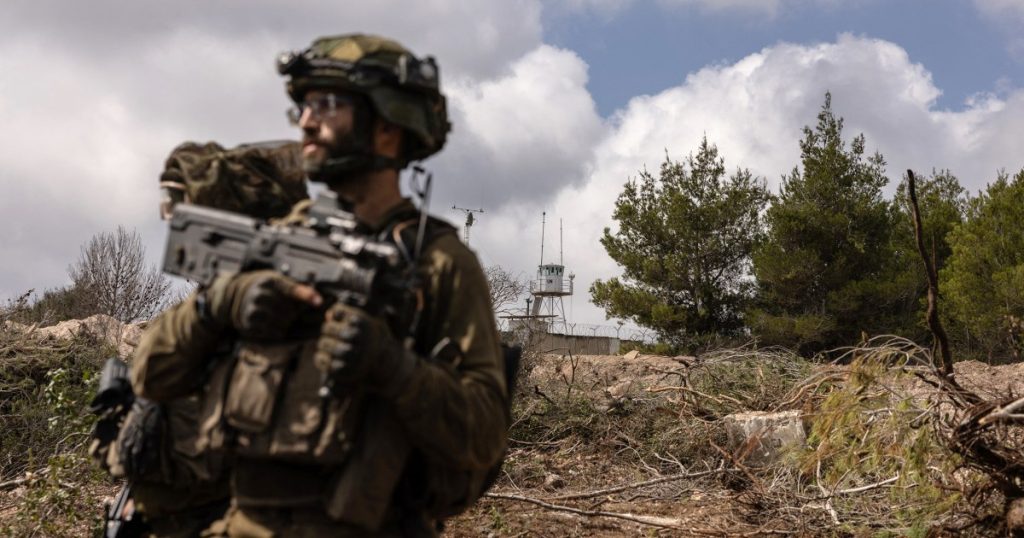The United Nations has announced that it will not withdraw its peacekeepers from southern Lebanon despite pressure from Israeli Prime Minister Benjamin Netanyahu. The United Nations Interim Force in Lebanon (UNIFIL) will remain in all its positions near the border with Israel, where there have been clashes between Hezbollah, backed by Iran, and Israeli forces. The decision to keep the peacekeepers in place has the full backing of the U.N. Security Council and member states contributing troops to the force. The recent fighting near the Israel-Lebanon border has led to widespread displacement of people on both sides, with Israel intensifying its offensive in response to attacks from Hezbollah.
The incidents involving Israeli fire on UNIFIL positions and the injury of five peacekeepers have drawn international criticism, with countries like Spain, France, and Italy condemning the actions. President Joe Biden has called on Israel to stop hitting peacekeepers and voiced his concern over the situation. UNIFIL has accused the Israel Defense Forces of damaging its infrastructure and interfering with its operations. Israel, on the other hand, has accused UNIFIL of providing a human shield to Hezbollah terrorists and has called for the peacekeepers to be removed from harm’s way.
Tensions between Israel and the United Nations have escalated in recent months, with Israel accusing U.N. staff of collaborating with Hamas and criticizing the U.N.’s response to military operations in Gaza and Lebanon. Israel’s relationship with the U.N. has further deteriorated following incidents involving UNIFIL forces in southern Lebanon. Israel is also considering its response to missile attacks launched by Iran, with fears that a massive retaliation could lead to a wider regional conflict. Netanyahu has indicated that Israel is prepared to launch a limited counter-strike targeting Iran’s military infrastructure, not its nuclear or oil facilities, in order to prevent a full-scale war.
The situation in the region is complex and fragile, with various regional and international actors involved in the conflict. The presence of Hezbollah, backed by Iran, continues to pose a threat to Israel’s security, while the United Nations is working to maintain peace and stability in southern Lebanon. The ongoing clashes and tensions between Israel and UNIFIL reflect the broader challenges in the region, including the divided international response to the conflict and the potential for further escalation. The role of the United States, as a key ally of Israel, and other countries in the region will be crucial in determining the future direction of the conflict and the prospects for lasting peace and stability.


